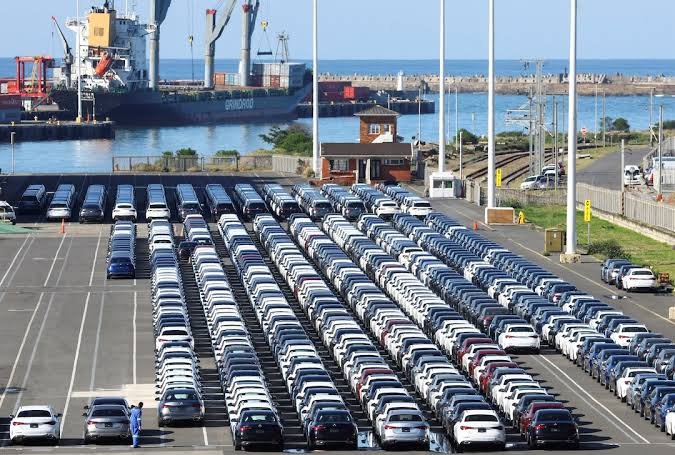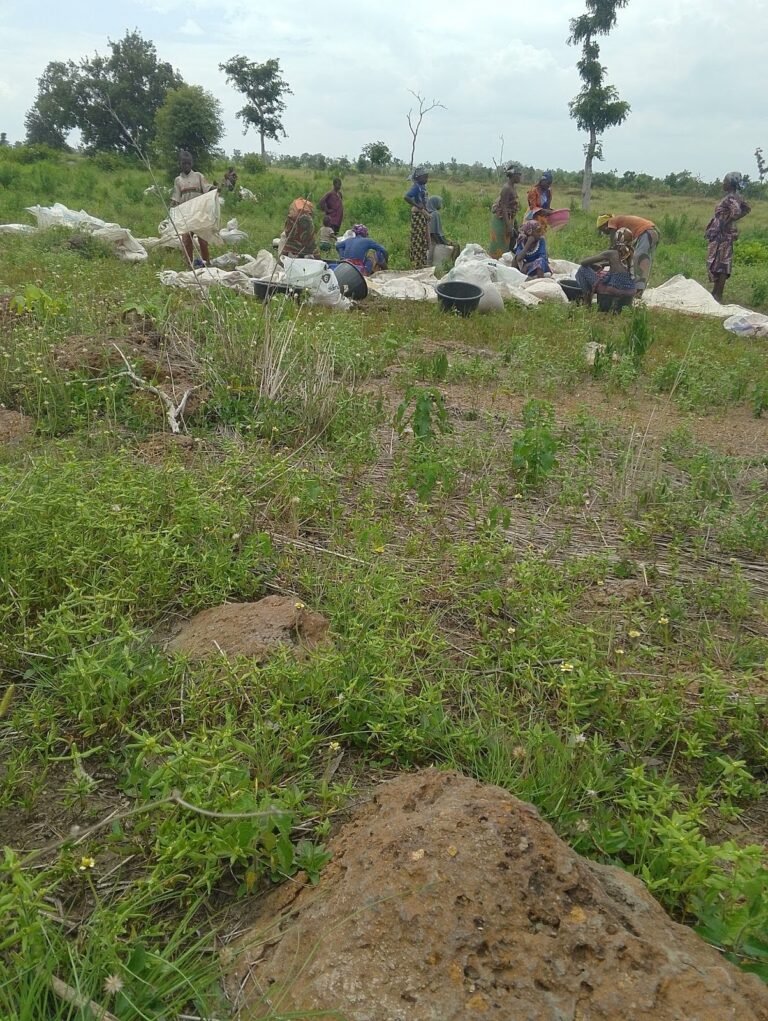Despite South Africa’s long struggle with sluggish growth and high unemployment, trade liberalisation remains the most effective path to economic recovery, says Dr. Morné Malan, Senior Associate at the Free Market Foundation (FMF).
Speaking at the launch of FMF’s policy paper on August 20, Dr. Malan argued that South Africa must rethink its approach to tariffs if it hopes to respond to global economic shocks. The paper, titled “Troubled Waters: Rescuing South Africa from a Tariff Disaster,” was presented against the backdrop of the United States imposing a 30 percent tariff on South African exports.
“This idea that retaliating against tariffs will protect us is deeply flawed,” Malan said. “Domestic tariffs have harmed our economy for many years, decades. In fact this non-retaliation principle puts unilateral trade liberalization ahead of tit-for-tat responses that could further damage South Africa’s already fragile economy.”
To underscore his point, Malan referenced the British economist Joan Robinson, who once said that “because some other nation has a rocky shore, then the only reasonable response is for us to throw a bunch of rocks into our harbors as well.” He warned that South Africa, with less than 1 percent of global GDP, cannot afford to engage in tit-for-tat trade wars with the United States, which accounts for nearly a third of the global economy.
“We are less than 1 percent of global GDP. The US is between a quarter to a third of global GDP, they can do far more damage to us than we can do to them,” Malan explained. “U.S. companies aren’t threatened by us. U.S. industry isn’t threatened by South African exports, and there’s not likely to be any revenue from the tariffs.”
Malan suggested instead that the tariffs serve as leverage for unspecified political concessions.
The policy paper dissects the three classic arguments used to justify tariffs as revenue generation, industry protection, and geopolitical leverage, explaining that they are not only incompatible but actively undermine each other. “These three are mutually exclusive, in fact, they’re not just mutually exclusive; they are mutually hostile to one another,” Malan stressed.
Highlighting South Africa’s economic plight, Malan described what he called a “double quagmire of having high input costs and high labor costs.”
“If you’re paying more for labor and you’re paying more for inputs, you simply can’t do business in South Africa,” he said, noting how restrictive labor laws and rising production costs have pushed lower-skilled workers out of the market.
More Reforms to Dismantle Trade Barriers
The FMF’s proposals include repealing all tariffs imposed since 2019, implementing five-year sunset clauses on remaining tariffs, and transferring tariff authority from the executive branch to parliament to reduce impulsive policy changes. Malan further recommended abolishing the International Trade Administration Commission (ITAC), which he criticised for defining fair trade as “whatever the people of ITAC feel is fair.” Instead, he called for a commission dedicated to lowering trade barriers and establishing a legal presumption in favour of free trade.
Other reforms in the paper include digitising customs systems using Singapore’s model, liberalising capital controls to attract foreign investment, and even enshrining free trade as a constitutional principle. Malan argued that trade should be recognised as a basic human right, acknowledging what Adam Smith called the natural human tendency “to truck, barter, and exchange.”
“You can either make decisions based on what central planners decide or based on what prices are telling you,” Malan said. He argued that government interference with pricing mechanisms assumes bureaucrats “know better than the cumulative effect of all the various buying and selling activities.”
Drawing on insights from French economist Frédéric Bastiat, Malan described why protectionist policies remain politically appealing despite their economic inefficiency. He noted a problem he called “concentrated versus diffuse benefits and harms.” Protected industries enjoy clear benefits, while the costs are “so dispersed in the economy that people can’t really recognise the economic damage goes beyond immediate costs, deterring investment.” This, he said, has contributed to South Africa’s enormous drop in foreign direct investment and even domestic investment.
Throughout the discussion, Malan emphasised that trade happens between businesses, not governments. “Countries don’t really trade with one another, it’s not the South African government that’s purchasing or exporting automobiles, it’s not the US government that’s purchasing or exporting agricultural products, it’s private businesses,” he explained. “South African companies ask to trade with US companies and vice versa.”
While acknowledging that geopolitical strategy sometimes drives trade policy, Malan warned that South Africa’s fragile economy cannot afford politically motivated decisions that sacrifice growth.
“If you’re a small economy growing at less than 1 percent, you have very little to play with, you have to really take into consideration that you do have an economy that’s already struggling and if you’re going to make political decisions that undermine economic activity, then that’s coming at a far higher cost than [the] US equivalent with reference to South Africa at least,” he said.
For South Africa, Malan concluded, the choice is clear: “Trade is still the easiest, best, and fastest way to create real prosperity, something South Africa desperately needs.”














